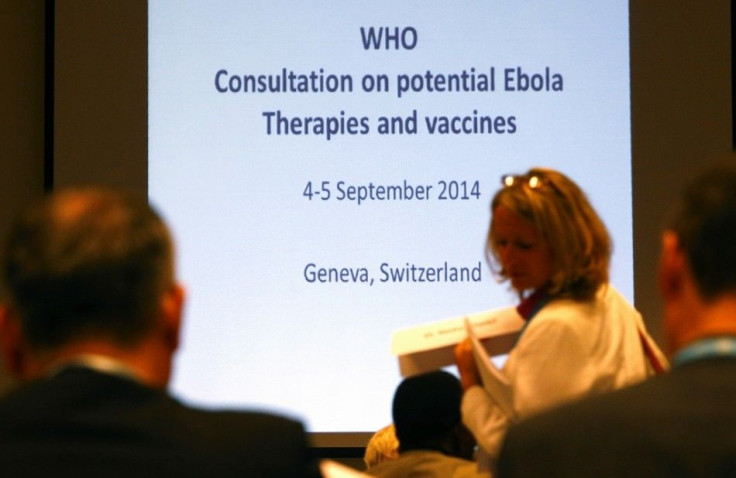Australia to welcome health ministers, officials from 37 countries for WHO's RCM68

Australia is set host the 68th session of the World Health Organization’s (WHO) Regional Committee for the Western Pacific (RCM68). It will be the first time the country hosts the event since 1997.
The event will be held in Brisbane and will run from October 9 to 13. Over 300 people from 37 countries and areas are expected to attend, bringing together health ministers and senior officials at the Brisbane Convention and Exhibition Centre.
The event is an opportunity to share Australia’s world-class health system with other countries. “I look forward to welcoming so many fellow health ministers and key health decision makers, including Dr Shin Young-soo, WHO Regional Director for the Western Pacific and the newly elected WHO Director-General, Dr Tedros Adhanom Ghebreyesus, who will be visiting Australia for the first time in his new role,” Minister for Health Greg Hunt said in media release.
The WHO Regional Committee shapes the organisation’s work to improve the lives of almost 1.9 billion people in the region, which is one of the WHO’s most diverse. It includes China, small Pacific island states and some of the world’s fastest growing economies as well as least developed countries.
Australia will play a significant role in determining priorities and helping shape work in the region. The nation has been a leader on health issues in the region and is known as an active and influential player within the organisation.
As the host of the RCM68 this year, Australia is expected to discuss relevant learnings from its health care system. Improved preparedness for health outbreaks have been discussed in previous meetings. Other topics already discussed also included how to prevent and control mosquito borne diseases like as Zika, malaria and dengue on communities.
Australia’s National Drugs Campaign
In other news, the Turnbull government has launched the next phase of its National Drugs Campaign. It aims to tackle the use of illicit drugs among young Aussies.
The new campaign features the range of risks associated with drug use, particularly ice. It also provides information about resources, support and treatment options.
The government has reportedly committed more than $685 million over four years to reduce the impact that drug and alcohol misuse has on individuals, on their families and communities. Based on the 2016 National Drug Strategy Household Survey, about 3.1 million Aussies had used an illicit drug at least once in the past year.
RT/YouTube





















